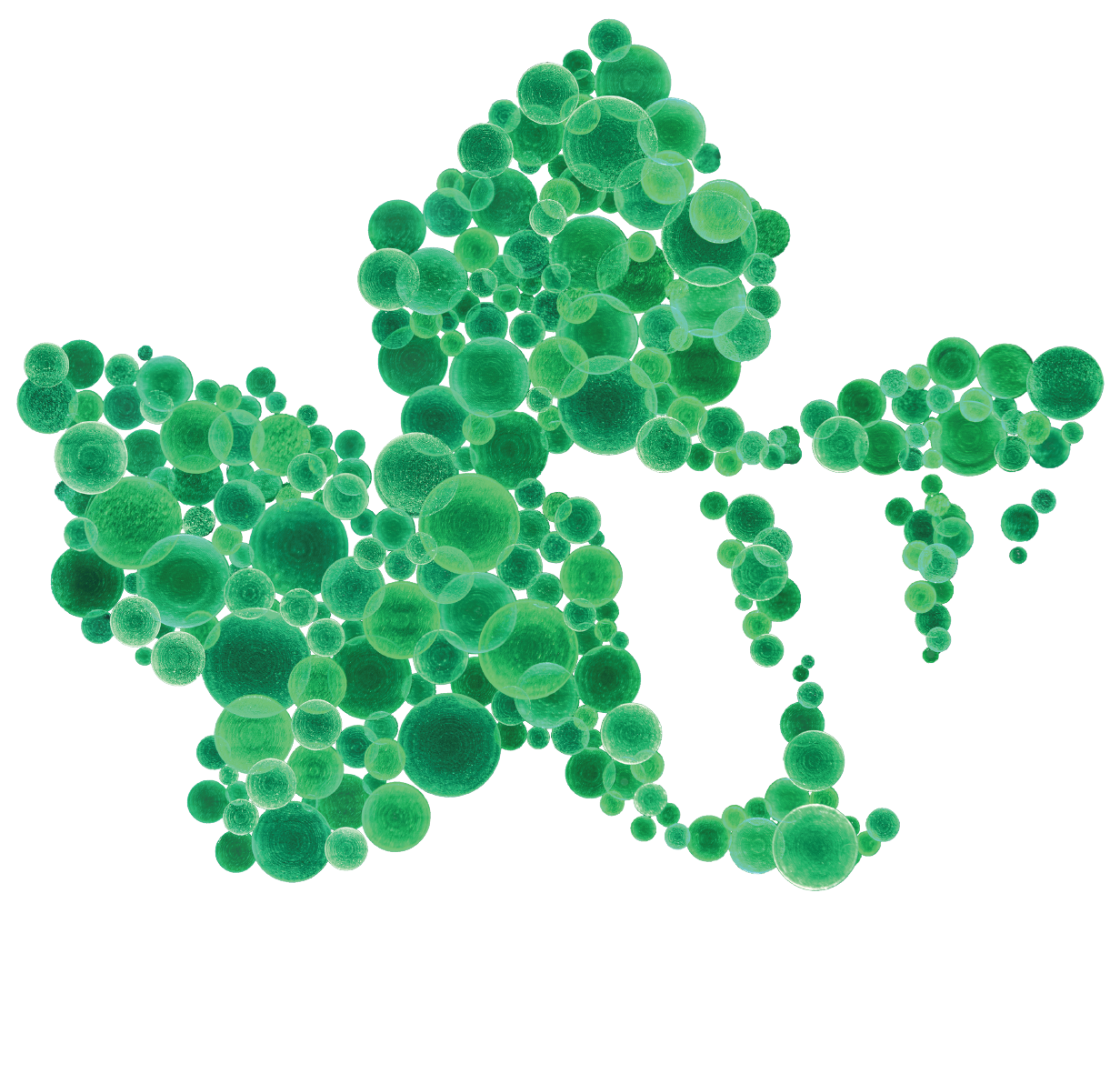LEGEND
G = Graduate: Master’s | U = Undergraduate: Bachelor’s, Associate’s, or Certificate/Advanced Diploma | D = Doctoral
Finalists
Solution Summary: Assisting small-scale farms in reimagining organic waste management by using microbial engineering and enzymes to turn agricultural waste into organic fertilizers, cutting costs and minimizing environmental impact.
Solution Summary: Evolving the animal feed landscape to reduce reliance on the import of scarce crops like soybeans and corn by integrating protein-rich alfalfa with innovative biorefinery techniques to create a sustainable food supply for both humans and livestock.
Solution Summary: Alleviating post-harvest losses for tomato farmers in Rwanda and retailers by building large naturally evaporative, charcoal cooling facilities—crafted from locally available materials and using little to no electricity—to store produce prior to customer purchase.
Solution Summary: Addressing plastic pollution in Rwanda by transforming industrial and household food waste into biodegradable packaging, paired with a circular collection system that uses Black Soldier flies to break down residual waste into eco-friendly compost and larva protein feeds.
Solution Summary: Taking on child malnutrition in Tanzania by increasing the production of the Senene—a protein rich longhorn grasshopper and alternative protein source—through a groundbreaking rearing facility using vertical farming to cultivate sustainable feed sources and create a more circular production cycle.
SemiFinalists
Solution Summary: Reshaping sustainable agriculture with AI-powered advanced soil analysis technology that optimizes fertilizer use and boosts crop yields, reducing waste and operational costs.
Solution Summary: Circularizing the menstrual hygiene product space with an affordable and innovative banana stem-based biodegradable sanitary pad that designs out waste without compromising absorptive performance.
Solution Summary: Addressing human hair waste generated by cultural pressures in Rwanda through hydrolyzing discarded hair, transforming it into nutrient rich fertilizer for agriculture.
Solution Summary: Promoting sustainable solutions to plastic pollution in Rwanda by converting agricultural byproducts into biodegradable packaging, and developing a mobile application to generate public awareness about the products.
Solution Summary: Redefining plastic use and reducing waste in Rwanda’s agricultural sector by transforming cassava peels into bioplastic grocery and seedling sacks, while simultaneously refining the cassava pomace byproduct into nutrient rich animal feed.
Solution Summary: Converting organic waste into biogas and biofertilizers through a customizable, heat durable and affordable biodigester system based on customers’ energy needs to fuel homes, vendors and farms sustainably while boosting overall agricultural productivity.
Solution Summary: Transforming medical plastics for sustainability by transforming single-use medical waste into recyclable alternatives using the chemical recycling to monomer (CRM) process, enabling more efficient recovery of polymers to generate new plastics.
Solution Summary: Improving the fashion industry’s environmental impact and reducing reliance on petroleum based textiles by converting post harvest agricultural waste from small farmers into bio-based synthetics.
Solution Summary: Improving food security and reducing food waste issues across the supply chain through a multifaceted approach focusing on farmer education, leveraging technology and new methods for food transport, preparation and storage, and utilizing eco-friendly packaging.
Solution Summary: Promoting food security and sustainable waste management in Rwanda by utilizing readily available maize and bean residues to produce a mushroom-growing substrate, providing a healthier protein source and leveraging worn-out substrates as organic fertilizer.



























































